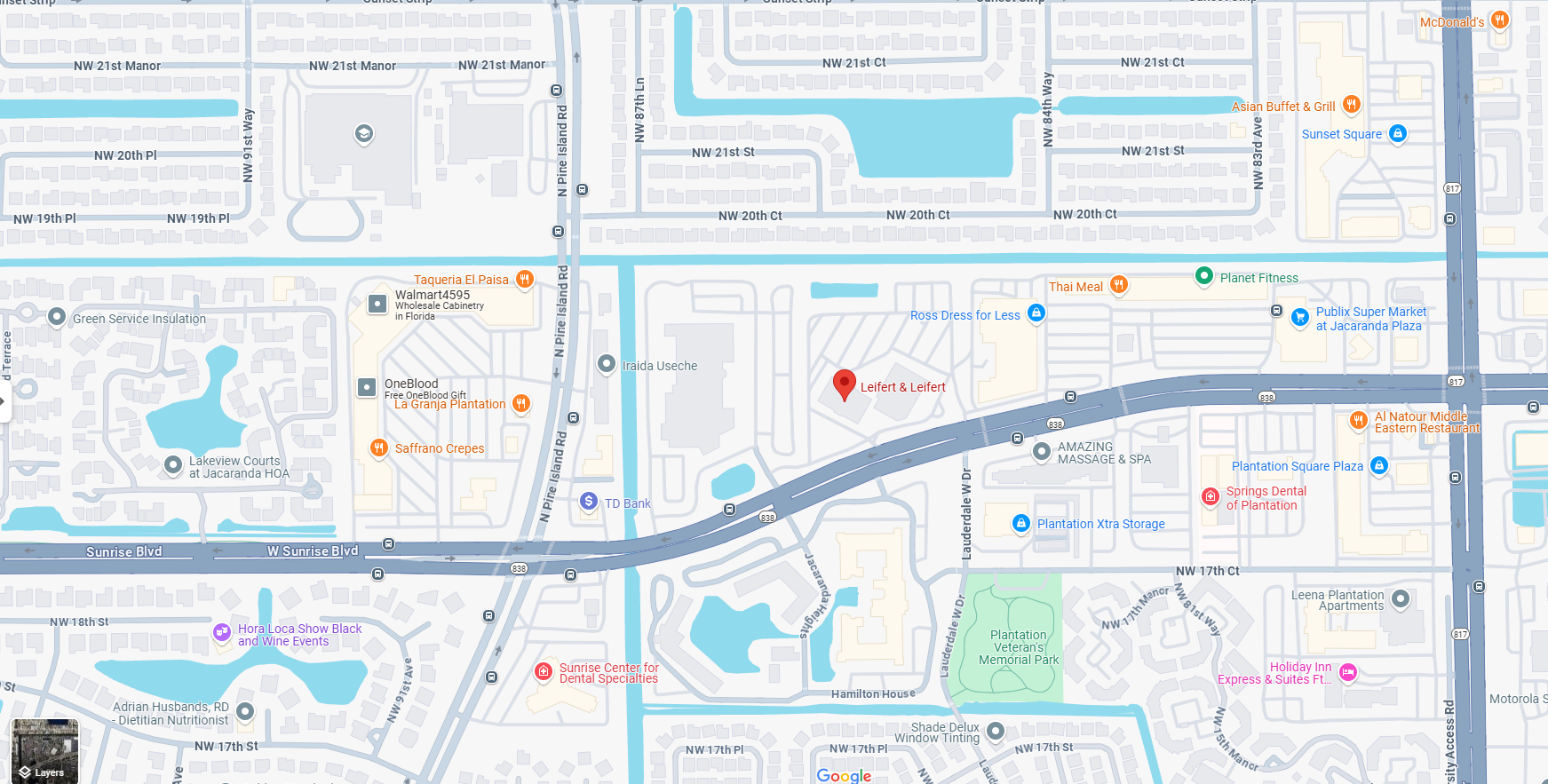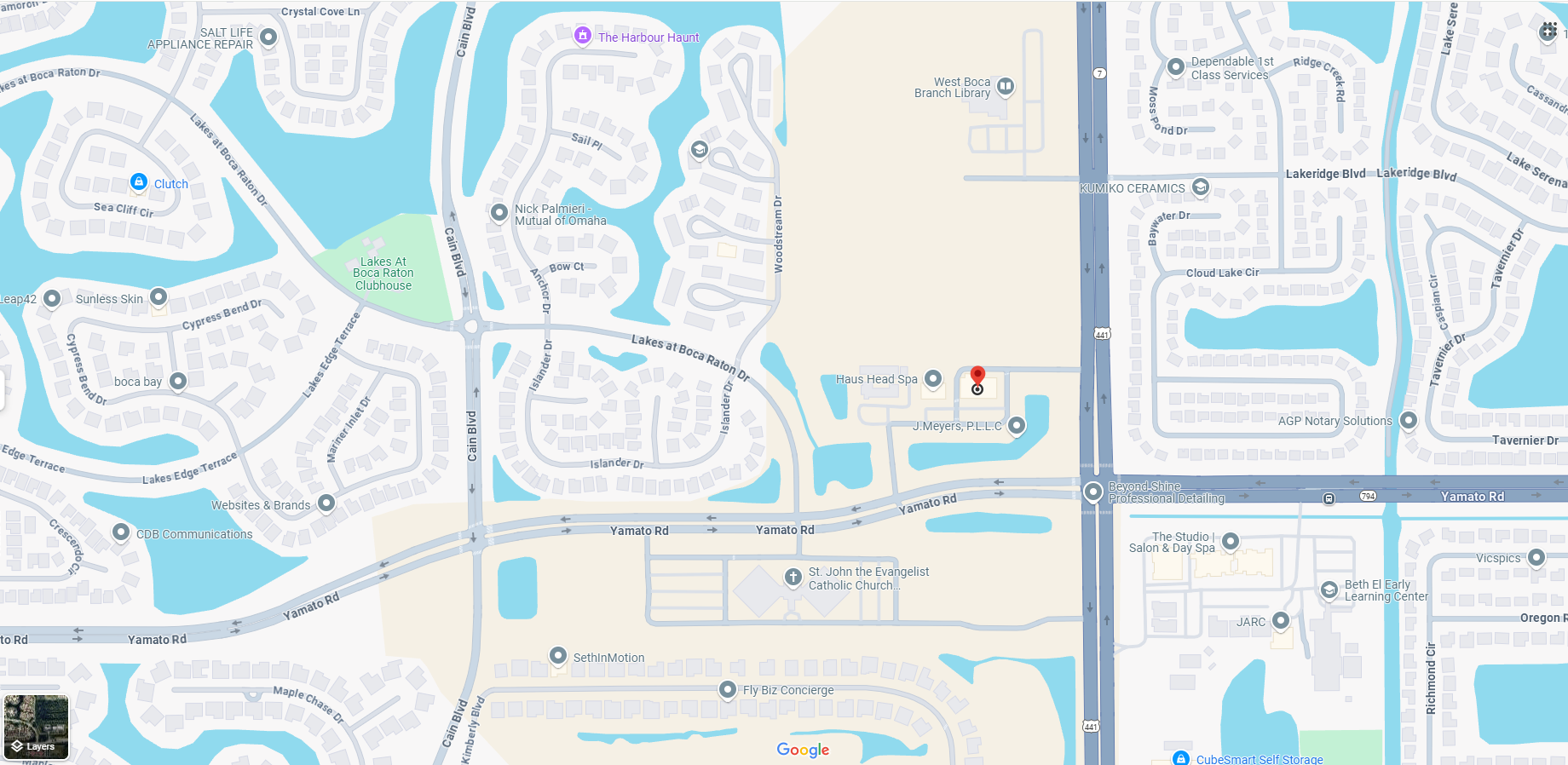A conviction of leaving the scene of an accident can result in paying significant fines, spending time in jail or prison, and being subject to long periods of probation, which can greatly affect your freedom.
If you have been charged with leaving the scene of an accident against Florida law, contact an experienced Plantation hit and run lawyer to review the situation and determine what legal defenses might be available to you. Get in touch with a skilled defense attorney right away.
How Does Florida Define a Hit & Run?
According to Florida Statutes Sections 316-061, leaving the scene of an accident is defined as the failure of a driver to remain at the site of a vehicle crash and fulfill other statutory duties, when the crash at issue involves death, bodily injury, or property damage. Essentially, that means a “hit and run.”
Determining whether someone has a “statutory duty” to stay on the scene after an accident varies on whether the accident involved property damage or bodily injury or death.
Property Damage
For accidents involving only property damage, Florida drivers must:
- Stop their vehicle at the scene of the accident – or as close as possible
- Notify the operator or owner of the vehicle or other property of their name, address, and registration number
- Exhibit their driver’s license, if requested
- Provide license, registration, address, and other information to police
Anyone who damages a car or other property that is unattended must either locate the property owner, or attach securely in a conspicuous place in or on the vehicle or other property, a written notice giving their name and address and the registration number of the vehicle they are driving. Florida law requires drivers to notify the nearest police department as well.
Bodily Injury / Death
For accidents involving potential bodily injury or death, Florida drivers must:
- Stop their vehicle at the scene of the accident – or as close as possible;
- Notify the operator or owner of the vehicle or other property of their name, address, and registration number;
- Exhibit their driver’s license, if requested;
- Provide license, registration, address, and other information to police.
If the need for medical treatment seems likely or if it is requested, the driver must offer the person “reasonable assistance.”
This may include including carrying them or making arrangements for someone else to carry them to obtain medical treatment. If that is impossible because someone is unconscious or cannot be moved, the driver must notify police immediately.
Defenses Against Hit & Run Charges
There are numerous defenses to a Plantation hit and run charge which can result in having those charges dismissed or mitigated through a plea bargain, including:
- Misidentifying a driver
- Lacking knowledge of the accident or injury
- Proving that failing to stop was not willful, but could not be done under the circumstances
- Showing that the other driver refused help or acted unreasonably
- Proving that the assistance rendered was reasonable under the circumstances
Possible Hit & Run Conviction Penalties
While penalties vary, Plantation hit and run convictions can result in significant fines and prison time depending on whether the accident involved:
- Accidents which resulted in the death of another are generally classified as first-degree felonies which can result in serving up to 30 years in prison and paying a $10,000 fine
- Bodily injury. Accidents which resulted in personal injuries are generally classified as third-degree felonies which can result in serving up to five years in prison or paying $5,000 in fines and serving five years of probation
- Property damage. Accidents which resulted in property damage are generally classified as second-degree misdemeanors which can result in serving up to 60 days in jail and paying a $500 fine
Accidents which resulted from someone’s driving under the influence (DUI) or drugs or alcohol may result in spending two years in prison, paying significant fines, and being subject to driver’s license revocation.
What Police Do in Hit and Run Cases
Police are always on patrol throughout the city. When hit-and-run accidents happen, the first thing most people do is notify Law Enforcement. Dispatchers will reach out to the Officers in closest proximity to the crash site, and they will immediately travel to the scene.
The nature of their investigation depends on the information the other driver provides. If the other driver can supply the make and model of the vehicle, the Police might scour the area looking for the motorist that left the scene. They often use the damage sustained by the car in the crash to identify it.
These efforts are different in cases where the other driver writes down the license plate number of the motorist who left the scene. In these situations, the Police can track down the owner of the vehicle through registration records. Even if they cannot find the person near the hit and run scene, these investigations often result in an arrest at a later date.
The problem with these investigations is that the Police are often overzealous. Tracking down the vehicle involved in a hit and run is not the same as finding the driver. Usually, the Police will make a mistake in assuming the owner of a vehicle reportedly in an accident was responsible. In other cases, the Police could arrest the wrong person entirely.
How a Plantation Hit and Run Attorney Can Help
If you have been charged with leaving the scene of an accident against Florida law, contact a Plantation hit and run lawyer to review the situation and determine what legal defenses might be available to you. It is important to have experienced counsel at your side to explain why you left an accident scene to a judge and prosecutors.





